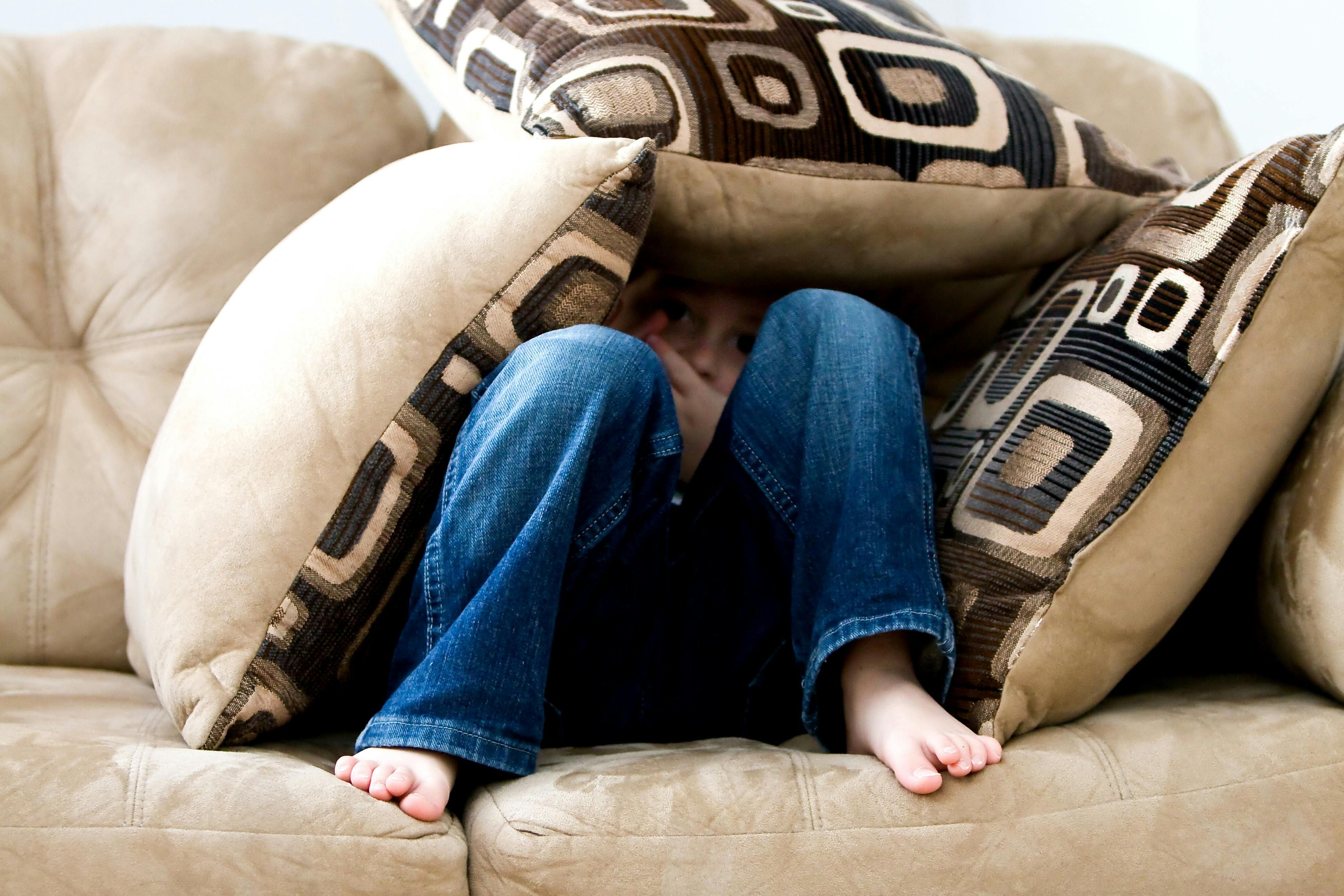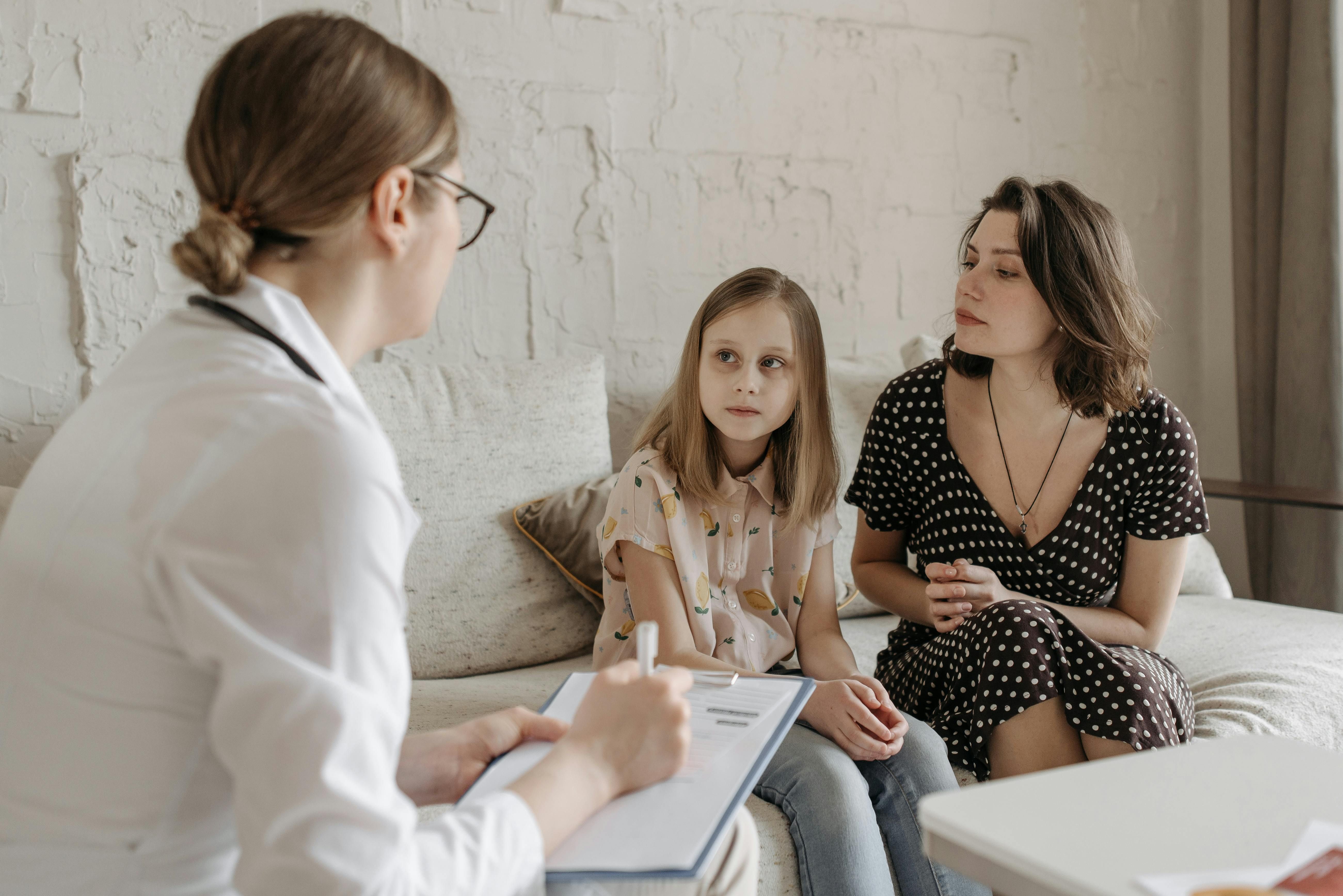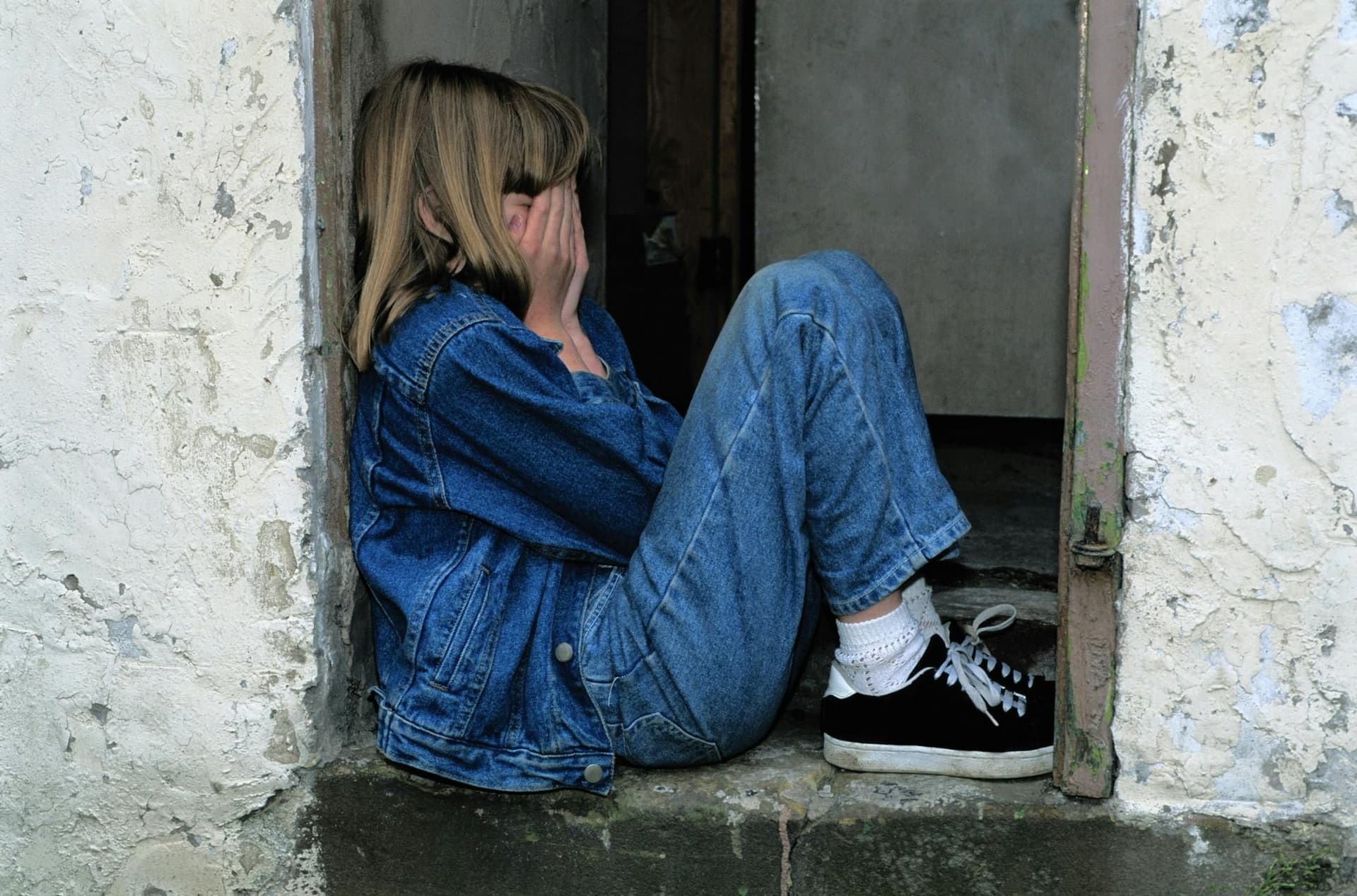Children’s Mental Health Awareness Day 2025 is here to remind us that children’s mental health matters just as much as adults’. If a child bursts into tears over a broken crayon, we might laugh it off, but sometimes, it’s about more than just a crayon. It could be the only thing they feel in control of in their world.
Today, May 7, is National Children's Mental Health Awareness Day. It serves as a powerful reminder that children, just like adults, face mental health challenges. This day is not just a formality, it’s a national call to open our eyes to what our children may be silently going through.
National Children's Mental Health Awareness Day
Awareness days help spotlight issues that are often swept under the rug. They challenge silence and create safe spaces for conversations.
National Children’s Mental Health Awareness Day is dedicated to raising awareness about the importance of children's mental health and the need for early intervention and treatment. It is also a time to celebrate the resilience of children and youth who experience mental health challenges, and to recognize the critical role that family and community play in promoting mental well-being.
It encourages communities to acknowledge that children have mental health needs that are just as real and pressing as those of adults.
Across the country, various organizations are hosting events and campaigns to highlight the importance of children’s mental health. From school assemblies and workshops to social media campaigns and mental health screenings, the day is being used to spark conversations that matter.
The State of Children's Mental Health
When mental health is mentioned, people by default tend to picture an adult battling stress, anxiety, or depression. Rarely do we pause to think; do children go through these conditions as well?
There is a long-standing notion that childhood is a carefree time, free of life’s pressures and troubles. That children are too young to feel anxiety, experience depression, or be deeply affected by trauma. But this isn’t true.
Mental health isn’t a part of a person that waits for adulthood to kick in. The mind and body develop together. Every child has the potential to experience emotional struggles that, if left unnoticed, can evolve into something more serious. In fact, 1 in 6 children aged 6–17 experience a mental health disorder each year, according to the CDC.
While certain mental health issues may be more common in adults, challenges like anxiety, depression, ADHD, and behavioral disorders frequently appear in childhood. And sadly, the stigma attached to mental health still extends to children.
Awareness days like this exist to challenge those mindsets. To shine a light on the silent battles children face and create platforms where they are seen, heard, and supported.

Signs to Watch For in Children
Mental health challenges in children often show up differently than in adults. Some signs are easy to miss or misinterpret as simply "acting out." Don't just assume they’ll grow out of it. These are a few indicators to pay attention to:
- Sudden changes in behavior or mood
- Persistent sadness or withdrawal
- Excessive worry or fear, especially around daily routines
- Changes in appetite or sleep patterns
- Difficulty concentrating or a drop in academic performance
- Frequent outbursts or aggressive behavior
- Physical complaints like headaches or stomachaches with no medical cause
Being observant and asking gentle, open-ended questions can go a long way in identifying if a child is in distress.
How You Can Help
Now that you have been enlightened and your assumptions addressed, how can you help? The answer lies in intentional support.
1. In families, it starts with listening. Don’t belittle their emotions. If a child says they’re scared of school or anxious about friendships, don’t write it off as drama or attention-seeking. Small problems in their world can feel overwhelmingly big.
2. Parents and caregivers should seek support from certified counselors or therapists when signs of distress persist. Early intervention is key to long-term well-being.

3. Schools play a major role. Teachers should be trained to recognize when a child is not just being stubborn or difficult, but is possibly dealing with emotional struggles. Classroom environments should be safe spaces, not pressure cookers.
4. Policy makers, too, have a role. Mental health strategies should be integrated into school policies, with funding allocated to training, school counselors, and wellness programs.
Ways to Participate or Show Support
You don’t need a stage to make an impact. There are small but powerful ways to show your support:
- Wear green today to show solidarity.
- Join a local event or webinar.
- Share this article on social media.
- Donate to a children’s mental health organization.
- Educate yourself and those around you.
Conclusion
Children are not too young to struggle. And because of that, they are not too young to be supported either.
As we observe National Children’s Mental Health Awareness Day, let it be more than a date on the calendar. Let's continue to choose to listen better, support earlier, and love more intentionally.
Mental health matters at every age. Especially when the age is young enough to be shaped by the love, presence, and attention of those who care.
.You can book a session with a licensed child and adolescent therapist or start your journey toward better mental health for your child today.



